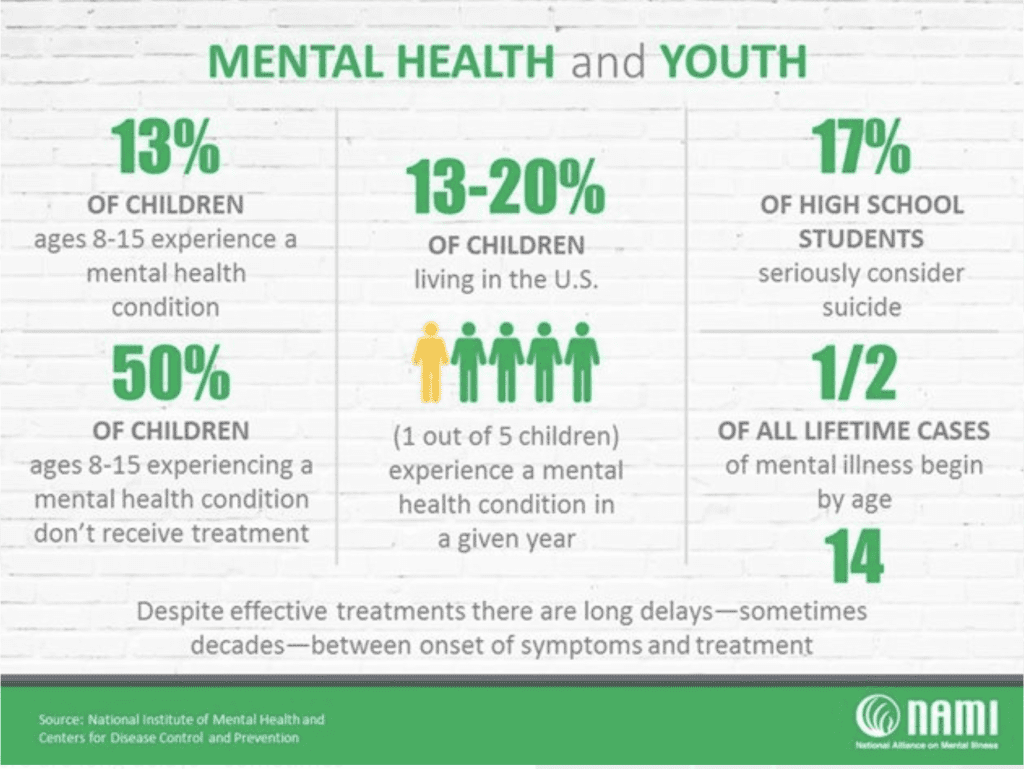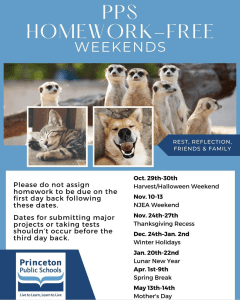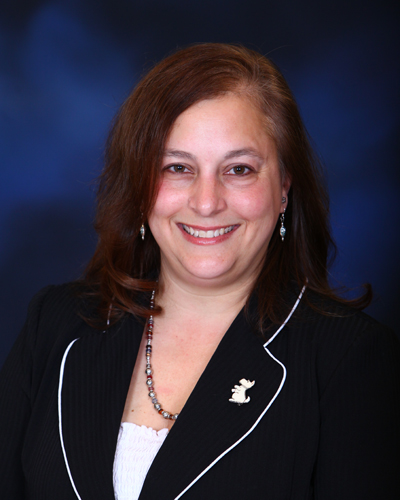 As we enter into the 2022-2023 school year, we are experiencing a “new” normal. In many ways, this new normal may look and feel how school operated pre-pandemic. Students and staff are no longer required to wear masks, social distancing is a thing of the past, and staff and students are now in school each and every day. Despite these challenges no longer being present, our Princeton Public Schools (PPS) staff and students are still experiencing repercussions from extended periods of social isolation that manifest themselves in concerns continuing to be reported by school staff, parents/caregivers, and students themselves related to mental health, wellness, and workload stress.
As we enter into the 2022-2023 school year, we are experiencing a “new” normal. In many ways, this new normal may look and feel how school operated pre-pandemic. Students and staff are no longer required to wear masks, social distancing is a thing of the past, and staff and students are now in school each and every day. Despite these challenges no longer being present, our Princeton Public Schools (PPS) staff and students are still experiencing repercussions from extended periods of social isolation that manifest themselves in concerns continuing to be reported by school staff, parents/caregivers, and students themselves related to mental health, wellness, and workload stress.
As a district, PPS is committed to supporting the whole child, including their social-emotional well-being. To that end, the district has rallied behind taking a tiered approach to the resources, supports, and referrals that are and will continue to be provided to our students. At its most basic description, a multi-tiered system of supports is built upon three core frameworks related to universal, targeted, and intensive approaches. When specifically referring to the current efforts undertaken in the PPS, the tiers are being addressed employing some of the following strategies.

- Tier 1 (Universal):
-
- Recent adoption of Teen Mental Health First Aid through the generous support of PEI Kids and grant funding from the Cranbury Municipal Alliance. This program will be provided to 10th graders at Princeton High School through their current health classes in order to teach students how to identify, understand and respond to signs of mental health and substance use challenges in their friends and peers.
- Upcoming film series offered through iNDIEFLIX. These screenings address common individual and societal issues, from anxiety to social media addiction, cyber-bullying and harassment. Provided to secondary students and their families, these films will provide a platform for continuous school and community conversation around these important topics (Angst; Like; The Upstanders; Race To Be Human).
- Tier 2 (Targeted)
-
- Implementation of Effective School Solutions (ESS) at Princeton High School and Princeton Middle School. ESS partners with local school districts to help them in implementing culturally inclusive mental health and behavioral support programs that improve care, strengthen outcomes, address trauma, and maintain students in their home district. The current ESS program in the PPS adds an additional layer of individual and group counseling support to identified students and their families, during the school day, by trained and certified clinicians.
- School and community collaboration with HiTops, Trinity Counseling Service, and Corner House. Community collaboration has been a hallmark of the PPS and has become an even more important aspect of how the public schools have worked to address the needs of special populations by bringing our community into the school setting. From serving in consultation roles to the direct delivery of programs and counseling services, this targeted work with identified students could not be fully addressed without their ongoing support.
- Tier 3 (Intensive)
Mental health treatment or Tier 3 services address mental health concerns for students who are already experiencing significant distress and impaired functioning. Within the PPS, this would include referrals and on-going communication and collaboration with our community mental health service providers. Providing the level of wrap-around support ensures that while in treatment, PPS students are able to maintain their academic students, with the required modifications and accommodations that will allow for a smoother transition back to school.
 Efforts related to mental health and wellness have also been extended to our building staff (administrators, teachers, and support staff) to address not only an increased awareness of signs and symptoms, but on more effective and efficient strategies to improve how they interact and react to our students. This is being addressed through focused professional development on child development and behavioral expectations, as well as a commitment by the district to the wellness of our staff.
Efforts related to mental health and wellness have also been extended to our building staff (administrators, teachers, and support staff) to address not only an increased awareness of signs and symptoms, but on more effective and efficient strategies to improve how they interact and react to our students. This is being addressed through focused professional development on child development and behavioral expectations, as well as a commitment by the district to the wellness of our staff.
To support young people with these growing concerns, the school and parents/caregivers must also commit to collaborating on a shared vision and voice of what it means to practice and find balance between home, school, and extracurricular activities. The following list of strategies will aid in continuing this important conversation.
 Free Time: Concerted energies have been expended to identify and articulate the need for “homework free” weekends, spread out throughout the school year. These moments should be fully embraced to truly engage in moments that bring your child joy. Perhaps it’s taking time to go to a movie as a family, or even enjoying a walk together on the canal. Families should support their child in stepping away from technology and truly engaging in something that is not based on schoolwork. As adults, we recognize that the work will always be there. To develop positive lifelong habits, we have to instill a life-to-work balance early on.
Free Time: Concerted energies have been expended to identify and articulate the need for “homework free” weekends, spread out throughout the school year. These moments should be fully embraced to truly engage in moments that bring your child joy. Perhaps it’s taking time to go to a movie as a family, or even enjoying a walk together on the canal. Families should support their child in stepping away from technology and truly engaging in something that is not based on schoolwork. As adults, we recognize that the work will always be there. To develop positive lifelong habits, we have to instill a life-to-work balance early on.- Sleep: Sleep is essential for physical and emotional well-being. The PPS has been cognizant of the need, especially for teens, who may need 8-10 hours of sleep a night (American Academy of Pediatrics). This research is what spearheaded Princeton High School as one of the first schools in New Jersey to implement a later start time for our students during the 2018-2019 school year. The school and families need to partner in communicating the need to limit screen time and avoid keeping digital devices in the bedroom. Our students are so fortunate to have this later start time in place, so the adults in their life have to support them in reaping its benefits.
- Ask for Help: The most important thing for parents/caregivers and students is to know and recognize that they are not on this journey alone. Help is always available! Our schools have caring and attentive administrators, instructional staff, school counselors, a student assistance counselor, case managers, nurses, and support staff that are willing and able to lend a listening ear and to direct those in need to the appropriate resources and supports.
It is only through a shared partnership that we will be able to support our young people in finding a balance and still reaching their individual goals and objectives.

Dana Karas has been in public education for 29 years, serving as a French teacher, school counselor, and Director of School Counseling for the past 17 years. Ms. Karas is an active member of NJSCA and has served as state president, as well as being a former New Jersey School Counselor of the Year. Ms. Karas is a lifelong learner and is currently completing her Doctorate in Educational Leadership at Kean University.
